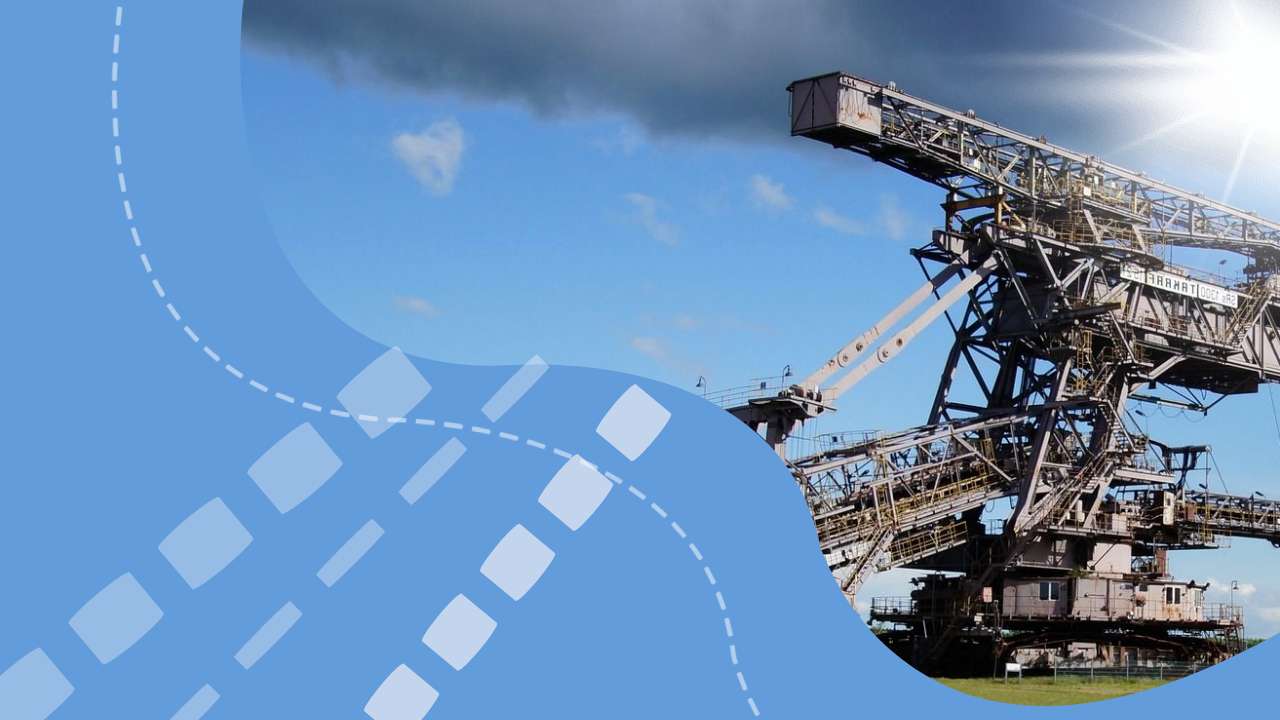The political groups within the European Parliament are pushing to enhance social and environmental safeguards for “strategic” mining projects in Europe and abroad as the EU seeks to secure vital raw materials for its green and digital transitions.
The Parliament’s industry committee is set to vote on the EU’s draft Critical Raw Materials Act, which aims to reduce the bloc’s reliance on China and other countries for metals like rare earths.
The proposal, unveiled in March by the European Commission, outlines benchmarks to increase domestic capacity for raw materials extraction, processing, and recycling. The aspirational targets correspond to 10%, 40%, and 15% of the EU’s needs, respectively.
EU member states voted in June to raise the Commission’s proposed benchmark for processing on European soil from 40% to 50%. Lawmakers in the Parliament’s industry committee support this 50% objective but have added an international dimension. They suggest that “up to 20% of the Union’s new processing capacity” could be developed through “strategic partnerships” with foreign countries.
These partnerships would be facilitated through “strategic projects” that receive expedited permitting rules and access to finance. However, they would also face closer scrutiny regarding environmental and social safeguards.
These moves have been praised by green campaign group Transport and Environment (T&E), which sees the establishment of safeguards as more important than voluntary targets. Julia Poliscanova, Senior Director at T&E, emphasized that these safeguards would ensure that environmental and social standards are met.
Strategic projects can encompass all stages of the raw materials supply chain, from mining to processing and recycling. They must be mutually beneficial for both the EU and the host country, according to the draft Parliament report.
The EU is currently in discussions with Chile to establish a strategic partnership on raw materials as part of a broader EU-Chile trade agreement. This partnership could facilitate the EU’s access to Chile’s significant lithium reserves.
The draft parliamentary report, authored by Nicola Beer, a centrist lawmaker from Germany’s liberal FDP party, underscores the need for diversifying raw materials supplies as a priority in the EU’s external action and diplomacy.
The European Parliament is also considering stricter sustainability requirements for critical raw material projects. This includes imposing more stringent conditions for EU-wide recognition of industry certification schemes. These schemes will need to have multi-stakeholder governance systems in place to qualify. Compliance with EU certification standards will be verified at the site level rather than the company level.
These certification amendments have broad cross-party support and are expected to pass. However, the fate of other aspects of the draft, such as stress tests for large companies and funding for self-sufficiency targets, remains uncertain.
After the industry committee vote, the draft Critical Raw Materials Act is expected to be voted on in the European Parliament’s plenary session on September 11. This will initiate negotiations with EU member states to finalize the law.

